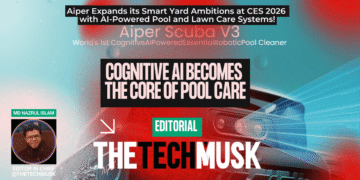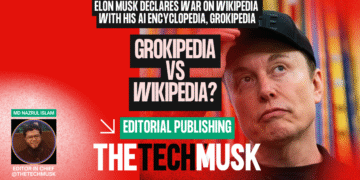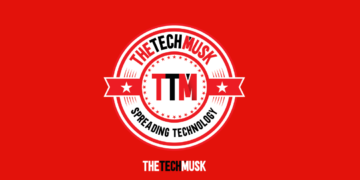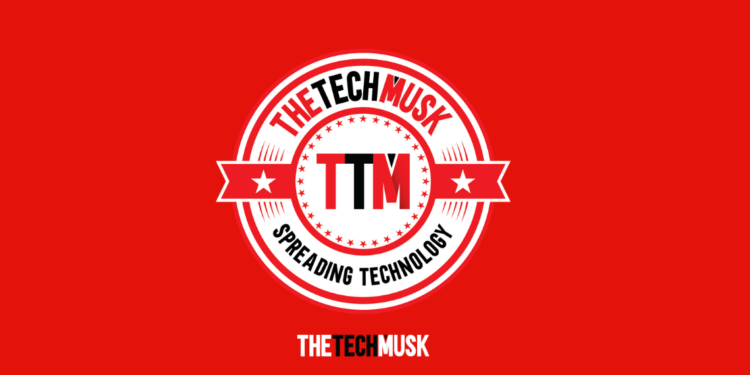UNIVITY (formerly Constellation Technologies & Operations or CTO), a European provider of space-based connectivity services, has officially signed the Zero Debris Charter—a non-binding yet ambitious framework that sets out shared principles and measurable targets for achieving Zero Debris by 2030. UNIVITY is building a shared, neutral, and fully independent space infrastructure that enables telecom operators worldwide to deploy high-speed, low-latency internet access from space, in complement to terrestrial networks. Operating in Very Low Earth Orbit (VLEO), UNIVITY’s constellation significantly reduces the risk of generating space debris and limits light pollution. As space becomes an increasingly strategic global domain and satellite proliferation threatens its long-term sustainability, UNIVITY’s signature of the charter is a clear endorsement of a shared vision: to make Europe a responsible, competitive, and sustainable space power.
A congested orbit is not inevitable
Today, over 40,000 objects larger than 10 cm and around 1.2 million smaller fragments are orbiting Earth at speeds of nearly 28,000 km/h. The sharp increase in space debris threatens satellite safety, future mission viability, and, more broadly, the free and open access to space—a critical resource for telecommunications, defense, Earth observation, and scientific research. Without urgent action, debris accumulation could double over the next 50 years, according to multiple studies.
In response to this growing concern, and in parallel with updating its own internal requirements, ESA has decided to raise awareness and support the global space community in co-developing a collective framework for debris mitigation. ESA acted as a facilitator, ensuring an open and collaborative process where all organizations could participate equally, fostering a sense of shared ownership. Over 100 organizations contributed to its co-development, and as of June 2025, the Charter has been signed by 180 organizations, including 20 states.
The charter outlines bold commitments to prevention, active debris removal, risk mitigation for re-entry, and transparency in space traffic management. Though non-binding, the framework—now recognized worldwide—sends a strong signal to European space: orbital sustainability is now a strategic imperative.
For UNIVITY, the charter offers an opportunity to demonstrate that technological innovation and environmental responsibility are not only compatible—but inseparable.
UNIVITY: a constellation designed for sustainability
UNIVITY represents a new generation of space with built-in environmental accountability. Thanks to its exclusive position in VLEO, UNIVITY is developing a long lifetime-satellite constellation engineered to naturally disintegrate within weeks or months after end of life under any circumstances, leaving no trace. This design drastically reduces the long-term generation of debris and minimizes light pollution, especially when compared to constellations in higher orbits (LEO, MEO).
Charles Delfieux, CEO and founder of UNIVITY, states: “Signing this charter reaffirms our commitment to a shared vision: a competitive but also responsible European sovereignty. UNIVITY proves it is possible to deploy an ambitious constellation and aim for technological excellence without compromising the long-term sustainability of space. Space is the next frontier for telecom, and we must explore it with boldness, responsibility, and awareness.”
Quentin Verspieren, Space Safety Programme Coordination Lead at ESA, adds: “The Zero Debris Community keeps growing, and it is wonderful to see UNIVITY’s strong commitment to advancing towards Zero Debris objectives, developed by the global space community in an open and collaborative way”.
UNIVITY’s project is more than a technological evolution—it accompanies a strategic transformation of the telecommunications. As a global operator of internet services from space, UNIVITY is building a VLEO constellation that uses the 5G mmWave spectrum to provide high-speed, low-latency connectivity, even in rural, remote, or crisis-affected areas. Its shared infrastructure model enables cost-effective coverage that complements existing fiber and cellular networks without requiring massive investments. UNIVITY is opening a new chapter for telecommunications—one that bridges space and terrestrial networks, industrial ambition and digital inclusion, while preserving the orbital environment.

























